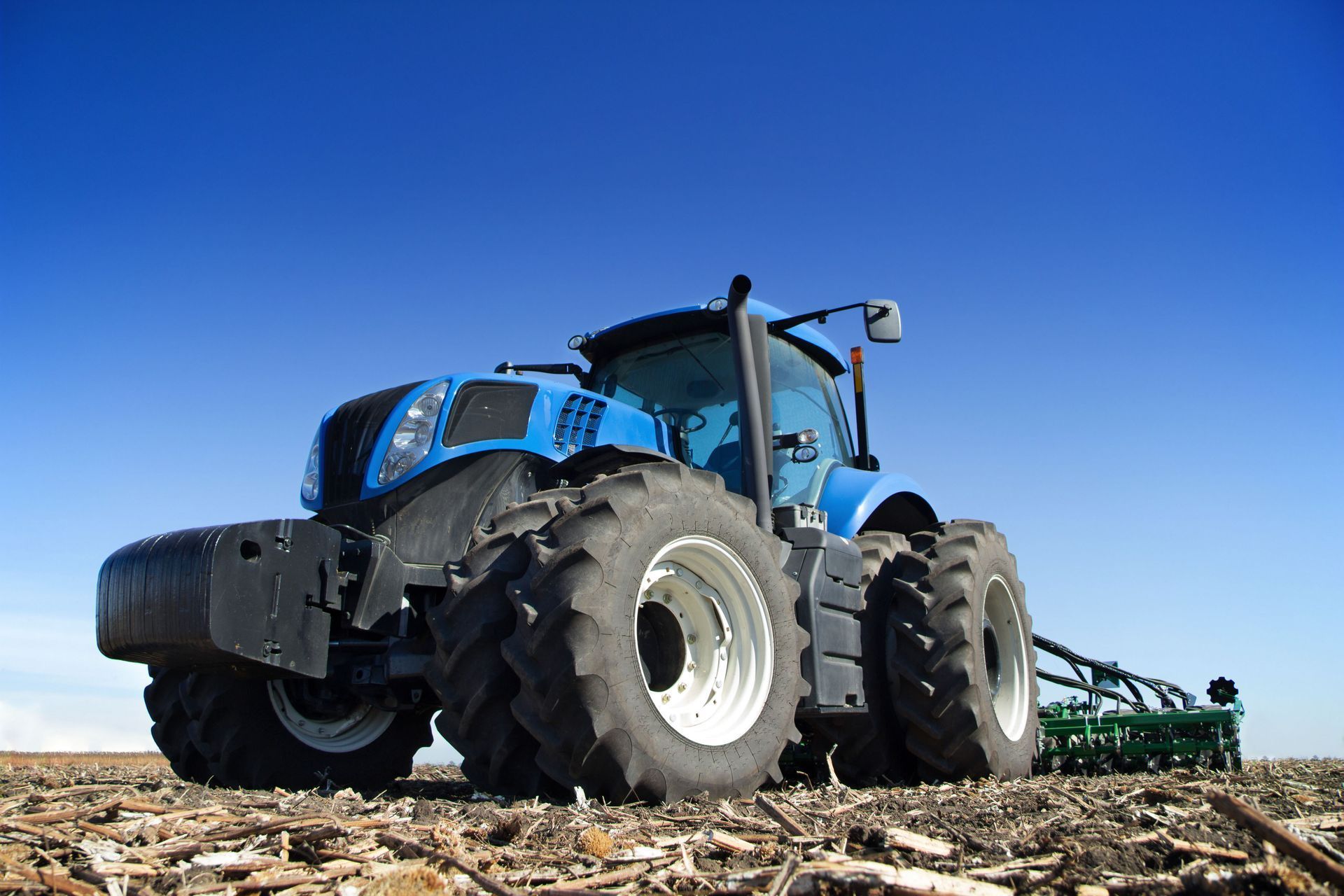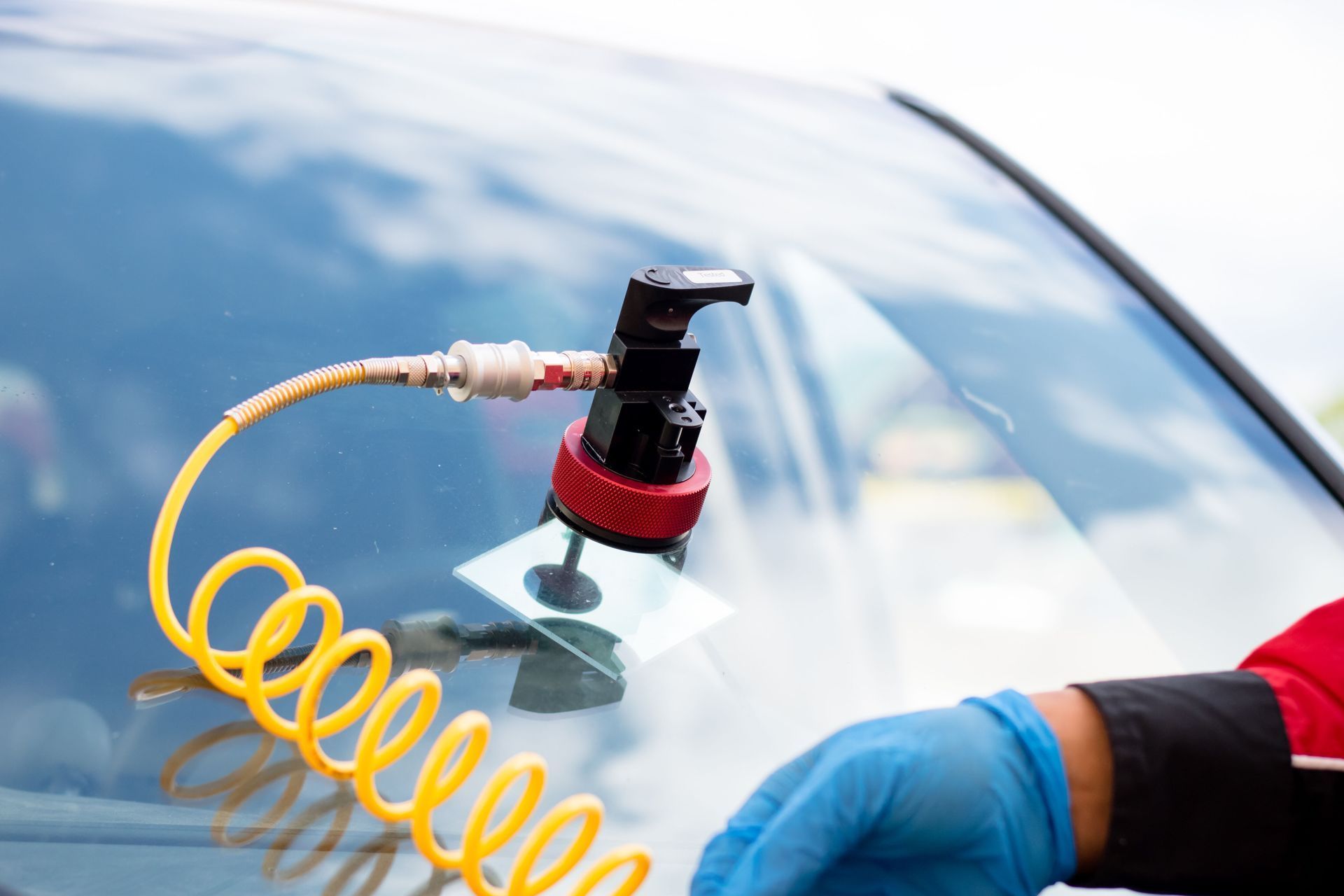What’s the Safest Way to Clean Tractor Glass Without Scratches or Hazing?
October 17, 2025
October 17, 2025
Highlights:
- Tractor glass requires careful cleaning to maintain clarity and prevent scratches or hazing.
- Using the right tools, solutions, and techniques extends glass life and boosts operator safety.
- Avoiding harsh chemicals and abrasive cloths keeps coatings intact and surfaces damage-free.
- Regular maintenance supports clear visibility during demanding farm operations.
- 877 Glas Guy provides expert tractor glass services for Castle Rock, WA operators.
Tractor operators rely heavily on clear glass for safe fieldwork. Dust, mud, and crop residue accumulate quickly, and if not cleaned properly, they can reduce visibility and create hazardous glare. Scratches and hazing aren’t just cosmetic issues — they can distort sightlines, compromise safety, and shorten the life of the glass. Unlike standard passenger vehicles, tractors are exposed to rougher environments daily, making proper cleaning essential. According to OSHA’s standard for construction equipment , all cab glass must be “safety glass … that introduces no visible distortion affecting the safe operation of any machine.”
Choosing the Right Cleaning Tools
Not all cleaning tools are created equal when it comes to tractor glass. Using abrasive pads, paper towels, or dirty rags can cause micro-scratches that lead to long-term hazing. The safest option is microfiber cloths, which trap debris without dragging it across the surface. Operators should also have a dedicated set of cloths for glass only, separate from those used for grease or mechanical cleaning. According to Tru-Vue , microfiber cloths are significantly less abrasive than other cleaning materials and help prevent micro-scratches when cleaning glazing or glass surfaces.Best Cleaning Solutions
Tractor glass should not be cleaned with harsh chemicals like ammonia-based cleaners, which can damage window seals and coatings. Instead, opt for solutions specifically formulated for automotive or heavy-equipment glass. A mixture of distilled water and mild dish soap is also effective for breaking down dirt and grime. For added protection, consider using a glass cleaner with anti-fog or anti-static properties. According to The Spruce , many over-the-counter glass cleaners contain ammonia, which can damage window seals, degrade coatings, and leave streaks, making ammonia-free formulations safer for automotive or coated glass.Frequently Asked Questions
Preventing Scratches During Cleaning
Scratches usually occur when abrasive debris is rubbed into the glass during cleaning. To avoid this, rinse off heavy dirt or mud with water before wiping. Never dry-wipe tractor glass, as it grinds dust particles into the surface. Replace microfiber cloths regularly to ensure trapped grit doesn’t reintroduce scratches. Some operators even use a two-step method: rinse first, then wipe clean. This approach keeps surfaces smooth and prevents hazing that can appear after repeated improper cleaning sessions. A few careful minutes of prep can save years of clarity.Maintaining Coated and Tinted Tractor Glass
Some tractors have tinted or coated glass for UV protection or glare reduction. These layers require even more delicate care since abrasive cleaners or tools can strip away protective films. Stick with mild cleaners and soft cloths only. If operators are unsure about coatings, consulting with a local service provider like 877 Glas Guy in Castle Rock, WA ensures the right approach. Maintaining coatings properly not only protects the glass but also supports long-term operator comfort by reducing glare and interior heat during long field days. Frequently Asked Questions
Weather Considerations for Cleaning
Farm equipment in Castle Rock, WA experiences changing weather conditions. In rainy months, moisture buildup can leave water spots, while dry summer dust requires frequent cleanings. Using distilled water instead of tap water helps reduce streaking and mineral deposits. Cleaning in moderate temperatures is best since extreme heat or cold can affect cleaning solutions. Taking seasonal conditions into account ensures cleaning is both effective and safe for the glass. Operators who tailor their maintenance routine to weather conditions see better results and longer glass life. Long-Term Care and Replacement
Even with careful cleaning, tractor glass may eventually need replacement. Scratches that impair vision or cracks that spread across the windshield compromise both safety and efficiency. That’s when it’s important to work with a professional team experienced in agricultural glass. 877 Glas Guy offers mobile tractor glass replacement in Castle Rock, WA, helping farmers minimize downtime. By combining proper cleaning habits with professional support when needed, operators can extend the service life of their glass while ensuring a safe, productive work environment.Frequently Asked Questions
Special Care for Enclosed Cab Tractors
Modern tractors often feature enclosed cabs with multiple glass panels, including curved windshields and side windows. These surfaces provide extra visibility but require even more careful cleaning. Operators should clean from the inside as well, where dust and condensation can accumulate. Ventilation plays a role too—dirty filters can recirculate dust, leading to faster hazing of interior glass. Keeping cab glass spotless helps operators monitor equipment attachments, field rows, and roadways with precision. Treating these windows as critical safety features ensures tractors remain both comfortable and reliable during long shifts.Eco-Friendly Cleaning Practices
Sustainability is a growing concern in agriculture, and cleaning practices can align with eco-friendly goals. Instead of harsh chemical sprays, many operators choose biodegradable cleaners or homemade solutions using vinegar and water. These options reduce environmental impact while still delivering clear, streak-free glass. Microfiber cloths are reusable, cutting down on disposable wipes or paper towels. For Castle Rock, WA farmers committed to sustainable operations, adopting greener glass-cleaning practices not only protects the tractor but also aligns with broader stewardship of the land they work so hard to maintain.Professional Maintenance Support
While daily and weekly cleaning is part of an operator’s regular routine, scheduling professional inspections ensures that small issues don’t become costly problems. Trained technicians can identify early signs of seal failure, scratches, or weakened structural integrity that may go unnoticed during routine cleaning. In Castle Rock, WA, 877 Glas Guy provides specialized agricultural auto glass care, offering both preventive maintenance and full replacement services when needed. Partnering with professionals not only extends the lifespan of your tractor glass but also enhances visibility and safety during field operations. By combining consistent personal maintenance with professional oversight, farmers can prevent scratches, hazing, and unnecessary downtime, keeping their equipment in reliable working condition all season long.




